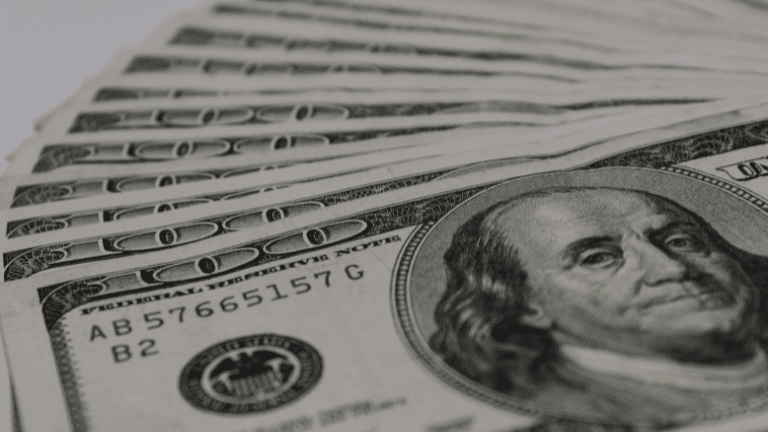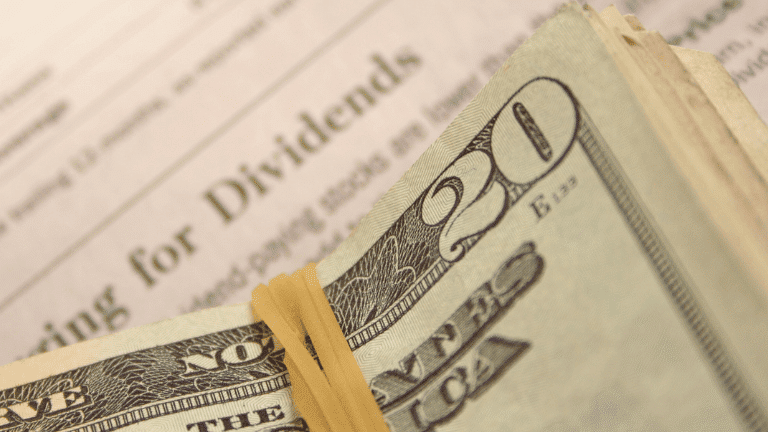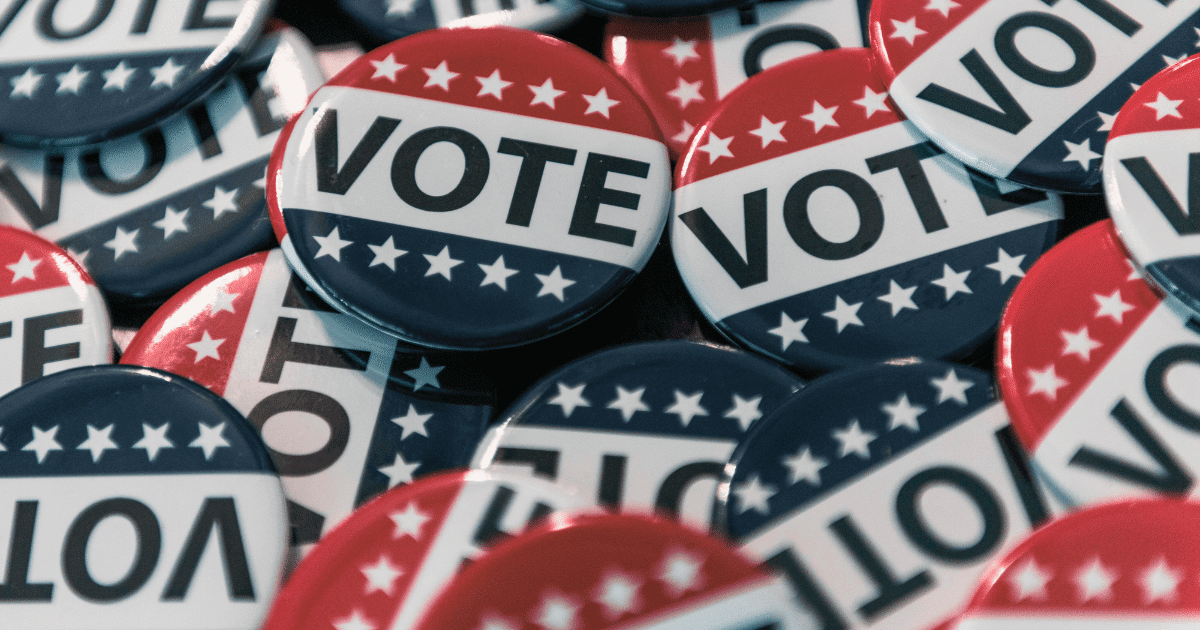When the market drops, the headlines scream, the talking heads debate, and investors everywhere feel their stomachs drop. It’s natural. Nobody enjoys seeing their portfolio shrink. But instead of letting fear dictate your next move, what if you could approach down markets with a calm, calculated strategy? Enter: the Dollar-Cost Averaging (DCA) investment strategy. DCA isn’t flashy. It’s not some hot stock tip or a wild market-timing maneuver. In fact, it’s often dismissed because of its simplicity. But as Brian explains in this episode of The Field Guide, sometimes boring is brilliant.
Listen Now:
iTunes | Spotify | iHeartRadio | Amazon Music
—–
Understanding Dollar-Cost Averaging
Dollar-cost averaging is the strategy of investing a fixed amount of money at regular intervals, regardless of what the market is doing. Whether stocks are up, down, or sideways, the same amount goes in on schedule. This means that when prices are high, you buy fewer shares. When prices are low, you buy more.
You might already be doing it without realizing it. Most 401(k) plans are built around this principle. Every two weeks, a portion of your paycheck gets invested, buying into the market consistently over time.
The beauty of this approach? It takes emotion out of investing. And emotion, as history has shown, is often the enemy of smart financial decision-making.
What’s Happening in the Market Right Now
As of the recording, markets are down roughly 10–12%. That’s enough to make even seasoned investors sweat a little. And if you look at various indicators—forward P/E ratios, the Buffett Indicator, the Case-Shiller Index—there’s an argument to be made that stocks are still overvalued. That means we could see more downward momentum before things turn around. Add in the geopolitical uncertainty, government policy shifts, and general economic anxiety, and it becomes even more tempting to retreat, pull your money out, and wait on the sidelines.
But here’s the thing: that’s rarely a winning move.
The Opportunity Hidden in the Downturn
Brian emphasizes a simple truth that many forget in moments like this: markets don’t move in straight lines. They ebb and flow. They breathe in and out. And history shows that downturns are followed by recoveries. Often strong ones.
Just look at 2008. The Great Recession was brutal. But what followed was one of the longest bull runs in history. The same happened after the dot-com bubble, and again after the COVID-19 crash. Over time, the market has always rebounded.
So why not take advantage of the downturn instead of fearing it?
Dollar-Cost Averaging in Down Markets in Action:
A simple, effective game plan when markets are down, is dollar-cost averaging which allows you to buy more shares for the same amount of money. If you were investing $2,000 per month before the drop, you’re now getting more bang for your buck. That means when the market does recover—and it likely will—those extra shares will have a higher value.
It’s like buying quality stocks on sale.
Brian points out that this is the perfect time for high-income earners to lean into their plans. If you’re already maxing out your 401(k) and Roth IRA, you can consider adding more to a taxable account. Even small adjustments—like contributing a little extra when the market hits specific downturn thresholds—can significantly boost long-term returns.
For example:
Market down 10%? Add an extra $500.
Down 15%? Add another $500.
Down 20%? Add even more if cash flow allows.
This isn’t market timing. It’s staying consistent while being opportunistic within a well-thought-out plan.
Why This Works: The Psychology of Automation
One of the greatest strengths of DCA is that it removes decision-making from the process. When emotions run high, logic tends to take a backseat. By setting up automated contributions, you protect yourself from reacting to fear or greed.
Think of it like autopilot for your finances. The money comes out of your account. It gets invested according to your plan. And you don’t have to think about it.
Instead of checking your portfolio every day and stressing about red numbers, you can rest knowing your strategy is working for you behind the scenes.
The Power of Long-Term Thinking
If you’re five to ten years out from retirement, this might be one of the best opportunities you’ll have to accumulate more wealth. When you’re contributing consistently, especially during down markets, you’re setting yourself up for potential growth when the market eventually rebounds.
It’s important to remember that investing isn’t about hitting a home run on every pitch. It’s about building wealth slowly and steadily over time. DCA helps you do exactly that.
But What If This Time Is Different?
Every time there’s a downturn, you’ll hear someone say, “This time is different.” But as Brian wisely notes, those four words are usually wrong. In almost every major downturn in modern history, the market has come back stronger. Betting that “this time is different” is risky business.
A better bet? Stick with what works. Stick with the plan. Trust the process.
Start With a Plan
None of this works without a plan. Whether you’re investing $500 a month or $5,000, having a clear strategy is crucial. Decide how much you’re going to contribute, how frequently, and how you’ll adjust (if at all) when the market shifts.
Make your plan based on your goals, not the headlines.
If you have extra cash flow right now, put it to work. If not, just stay consistent. The key is to avoid pulling out or pausing your contributions out of fear.
The Takeaway
The dollar-cost-averaging in down markets isn’t glamorous. It doesn’t make headlines or get featured in hot stock newsletters. But it works. Especially in volatile markets like the one we’re in now.
It’s a strategy that rewards discipline, consistency, and long-term thinking. And it’s accessible to everyone, whether you’re just starting out or deep into your career. So the next time you see the market in the red, take a deep breath. Remember the plan. Keep investing.
Because when it comes to building wealth, boring often wins.
Next Steps
Want help building your investment strategy or creating a plan that works in any market? Reach out to us, we’re here to guide you every step of the way.
 Client Login
Client Login




